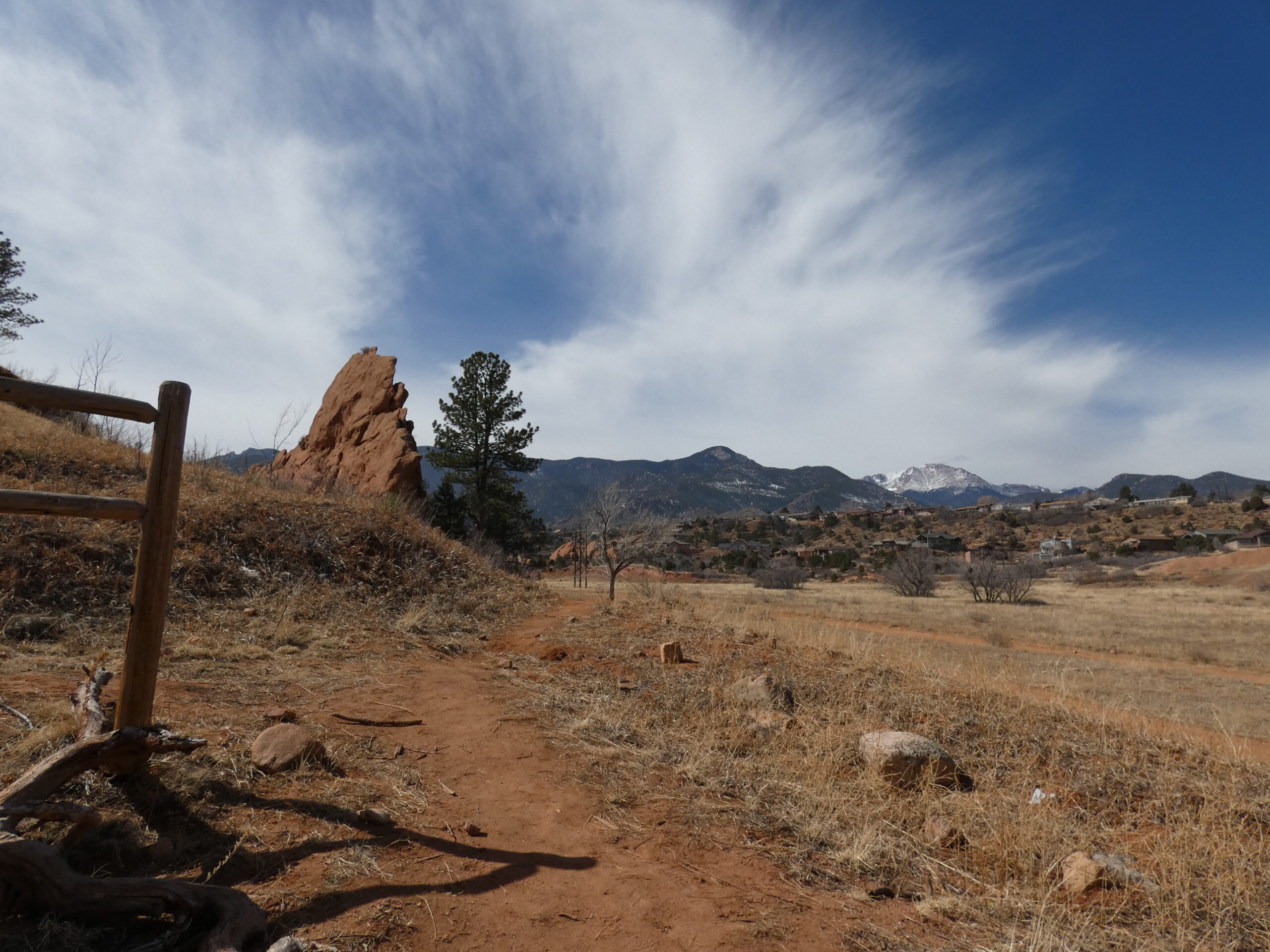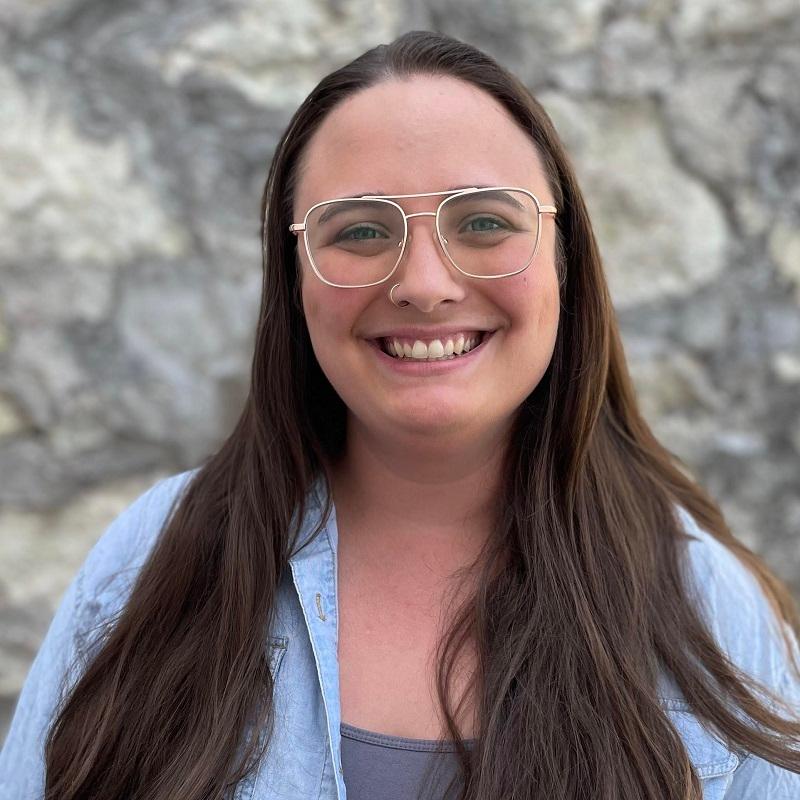
Colorado Springs voters will consider whether or not to extend the Trails, Open Space and Parks sales tax another 20 years. Currently, the TOPS tax is set to expire in 2025. If approved, the ballot measure would push that date back to 2045.
Voters rejected a similar ballot measure to extend TOPS in 2021. At that time, the measure also sought to double the tax and change the way funds were allocated.
This year’s measure only looks to extend, not increase the tax. The 2023 ballot measure would also set a minimum requirement of 75 percent of open space funds going toward acquiring new areas. There's currently no guidelines for how the TOPS tax funds allotted to open space should be used.
City council voted unanimously to put the question on the April ballot in January.
Here’s how it’ll look on the ballot
WITHOUT IMPOSING ANY NEW TAX OR INCREASING THE RATE OF ANY EXISTING TAX, SHALL THE EXISTING 0.1% (ONE TENTH OF A CENT) CITY SALES AND USE TAX FOR TRAILS, OPEN SPACE AND PARKS (TOPS) BE EXTENDED FROM ITS CURRENT EXPIRATION OF DECEMBER 31, 2025 THROUGH DECEMBER 31, 2045, WITH THE SAME USES FOR OPEN SPACE ACQUISITION AND STEWARDSHIP, AND TRAILS AND PARKS ACQUISITION AND MAINTENANCE, THE ABOVE CONSTITUTING NO CHANGES TO THE PROGRAM EXCEPT ALLOWING FUNDS DEDICATED TO MAINTENANCE OF TRAILS AND OPEN SPACES TO BE USED REGARDLESS OF HOW THE TRAIL OR OPEN SPACE WAS ACQUIRED, AND IN THE OPEN SPACE CATEGORY A MINIMUM OF 75% OF FUNDS TO BE SPENT ON ACQUISITION OF NEW OPEN SPACE AS A CONTINUATION OF A VOTER-APPROVED REVENUE CHANGE AND EXCEPTION TO ANY CONSTITUTIONAL, STATUTORY, AND CHARTER REVENUE AND SPENDING LIMITATIONS THAT MAY OTHERWISE APPLY?
How does TOPS work?
TOPS collects a 0.1% sales tax - that's one cent for every $10 spent - and uses those funds to purchase and preserve open spaces, as well as build and maintain parks and trails. According to the City of Colorado Springs, since it started in 1997 the tax has funded the purchase of more than 7,500 acres of open space, built or maintained 67 parks and more than 53 miles of trails. The tax generates about $12 million a year.
A working committee makes recommendations for how TOPS funds should be used, following these requirements for where that money goes:
- 3% Administration
- 6% Maintenance
- Up to 20% for building trails
- Up to 20% for building new parks
- 60% minimum for open space (If passed, the question would set a requirement that 75 percent of these funds be used to acquire new open space.)
Some of the more well-known open spaces preserved and maintained by TOPS funds include:
Who supports it?
The Trails and Open Space Coalition is the most vocal supporter of the TOPS tax and helped draft the current question’s language. The nonprofit formed in 1987 and works with local governments in the Pikes Peak region to help secure funding for preservation of open spaces and parks and building trails.
TOSC Executive Director Susan Davies said she expects this year’s extension to be more appealing to voters.
“This time it’s just an extension,” Davies said. “It's not going to increase anyone’s taxes. The typical person in Colorado Springs will pay roughly $14 per person per year to support this tax.”
Bob Falcone is part of the working committee that allocates funds collected by the TOPS tax. He said without TOPS, there wouldn't be enough money in the general fund to buy more open space or possibly even maintain the current upkeep for the land the city already owns.
“Part of this one cent on every ten dollars also goes to maintaining these properties, building trails, cleaning them up, maintaining them,” he said.
Falcone said if TOPS expires, the future of those properties is uncertain. “Is there going to be general fund money to take over for that? Maybe, maybe not.”
TOPS funds are separate from the allocation to the Parks, Recreation and Cultural Services Department in the general budget. According to a 2020 report from the city, parks in Colorado Springs are currently facing a nearly $270 million backlog of maintenance projects.
Who’s against it?
There’s not a lot of outspoken opposition to the ballot question or to the TOPS tax in general. Many of those who do not support the 2023 extension say they don’t support extending the tax that far into the future, especially during current economic uncertainty.
Editor's note: This post has been updated for clarification purposes. It has also been corrected to reflect that there is currently no set percentage designated for acquiring new open space.








